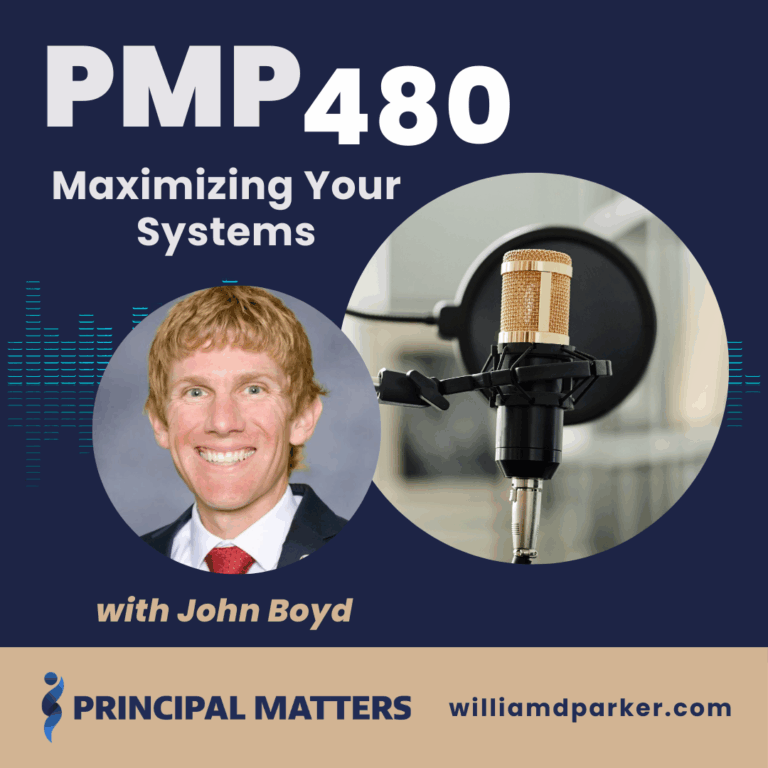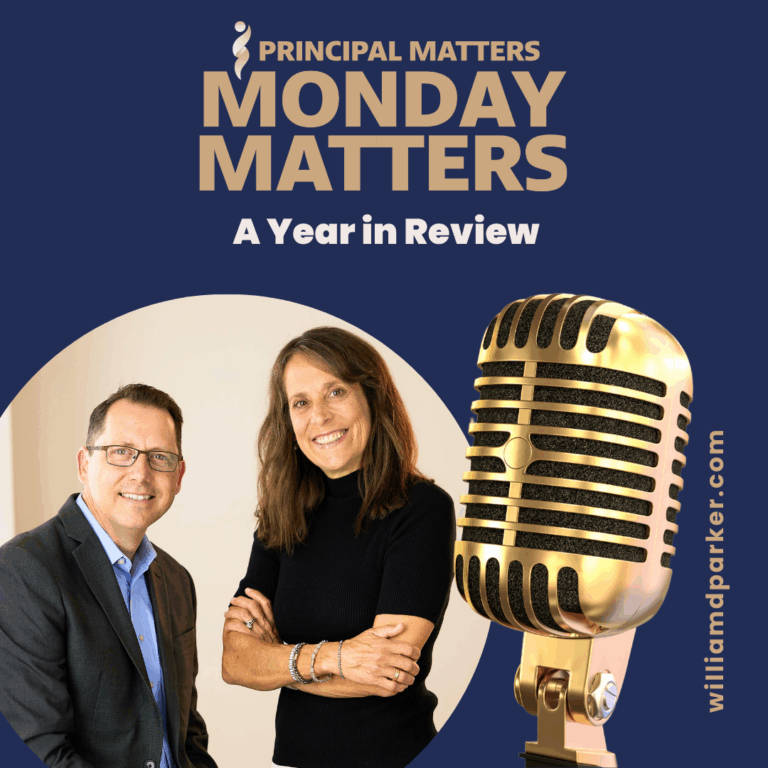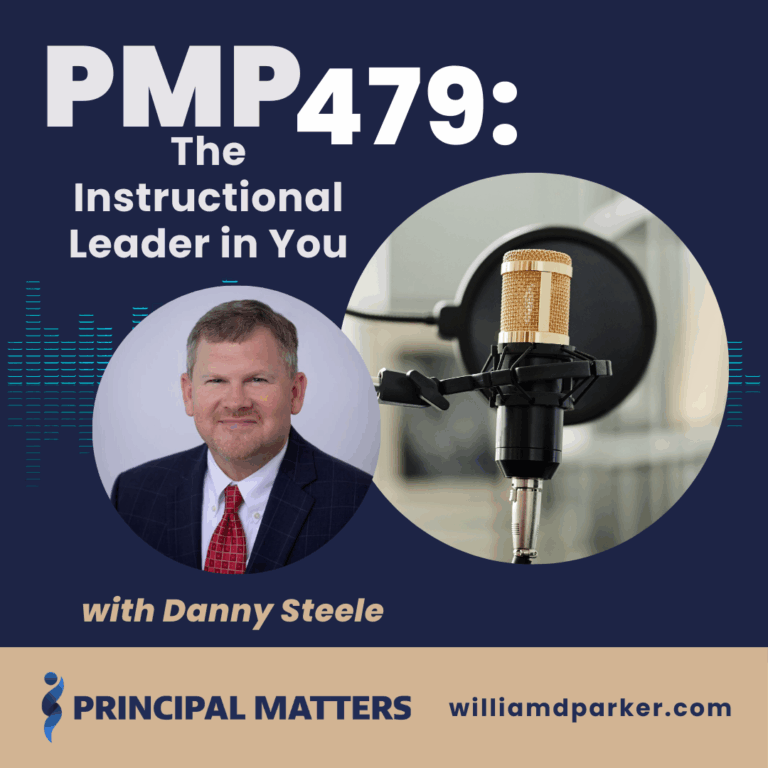Podcast: Play in new window | Download
This week Jen Schwanke and Will Parker share updates from their work, travels and lives. They talk about Will’s dad who passed away recently, and they share updates (including changes from last week’s announcements) on the professional development each of them is participating in over the summer.
In addition, they share lessons related to the three R’s from Dr. Bill Daggett, the founder of the International Center for Leadership in Education (ICLE). Dr. Daggett is well known for his research on Model Schools. He shares that effective schools display three R’s: Rigor, Relevance and Relationship in the way students engage with learning (Dewitt, 2012).
Listen-in to the entire conversation as Jen and Will both tell stories about their dads, and how your service in leadership is leaving a lasting legacy for others.
Will also references a book by Emily Paschall, Eyes on Culture: Multiply Excellence in Your School. Listen to his interview with the author here.
Find out more about Will’s services through Principal Matters here.
Stay connected with Jen’s work here.
Below is a full post of the story Will shares to set up this week’s conversation:
Leaders Digging Deeper with the Three “R’s”
By William D. Parker
When I was growing up, we enjoyed a spring-fed creek that flowed below the woods near our house. In the summer, you could wade into the water on the hottest day, and you’d still be startled by the frigid cold.
We had a trail marked from our house and through the woods to this area we called the swamp. The cool waters were filled with lily pads that bloomed yellow blossoms all summer, and an open space was our place for swimming and fishing. A large oak tree stood at the base of the trail that followed the water’s edge. It was at the bottom of this oak where my father dug earthen steps that led to a source of water flowing directly under the bank and into the boggy waters beyond.
When we first moved there, my father took a shovel and began digging in this spot below the oak and its bank. With the mud removed, he soon found a layer of golden sand. Here my father dug three feet in depth and four to five feet in diameter. Together we cleared the mud and leaves around the hole and placed rocks and bricks around the edges to form a small pool. Then we dug a small trench for overflowing water from the small pool to drift away into the swampy creek bed.
The next day, we returned and found the small pool a glistening clear basin of spring water. Dad brought a small aluminum drinking dipper that he hung from the nearest tree. The spring became the place where we dipped water into a thermos jug we would carry back to the house for drinking water. After my dad installed plumbing in our home, the spring was still our favorite place to go for a special drink.
One day in my 7th grade class at school, my teacher, Mr. Adams was reading a poem that contained a line about water. Although I cannot remember its title or author, the poem said something about water’s lack of taste, and my teacher paused to emphasize the writer’s meaning.
“As you know,” he said, “Water doesn’t have a taste. So the author is making the point here that this moment or experience must have had little or no meaning for him.”
I raised my hand.
“Yes, William?”
“Well,” I said, “I don’t agree. You see, when we drink water from the spring back home, it has the freshest and most wholesome taste of any water I’ve ever had.”
Mr. Adams paused to peer at me over the glasses perched on the end of the nose. At first he looked puzzled. Then his expression softened into a smile.
“You know, that’s a good point, William.” Then he paused again, before continuing.
“I’d say that most people have probably never given much thought to the taste of water since we can find it so easily. Has anyone else here had the privilege of drinking water from a spring?” No one raised their hand.
“William, you’ve had some life experiences some of us might consider hard, haven’t you? But I’d dare say you’ve enjoyed a lot of adventure growing up – like the joy of camping out.”
“Yes, sir.” I replied.
I had never thought of my life as an adventuresome campout, but I liked the way Mr. Adams appreciated my thoughts. I think we both recognized the awkward moment. I had objected to the theme he raised from the poem while I had also said something that brought puzzled looks from my classmates.
Looking back, I now recognize some ways Mr. Adams leveraged that moment for learning.
First, he invited a different perspective on the poem we were reading together. Second, he allowed me to bring my own experiences into the conversation. And finally, he reassured me in a way that I helped me feel safe to share those ideas in his classroom.
Dr. Bill Daggett, the founder of the International Center for Leadership in Education (ICLE), is well known for his research on Model Schools. He shares that effective schools display three R’s: Rigor, Relevance and Relationship in the way students engage with learning (Dewitt, 2012).
My teacher, Mr. Adams, had probably not read Bill Daggett’s work, but he practiced all three R’s in his classroom that day.
How are you practicing the three R’s in the way you lead learning?
A Three R’s Inventory
Here are some questions to consider when practicing the three R’s in the way you lead learning.
Take a moment to do a short inventory of your own practice by reflecting on these questions:
Rigor
- How are you setting and communicating clear expectations?
- How do your teachers, students and community members know the learning standards covered at each grade level?
- What maps, routines, rituals and schedules are available to help guide daily practices?
- How is student learning supported by equitable assessment and reteaching practices?
Relevance
- How is student learning connected to ideas, experiences or contexts that ‘hook’ them for deeper learning?
- How are practices in teacher professional development tied to the kinds of solutions and outcomes they really need for improved student learning?
- In what ways are you collaborating with design-thinking or innovative solutions in the way you pilot programs, beta-test ideas, or invite collaboration?
- How are forming partnerships, internships or apprenticeships among post-secondary or industry with students seeking opportunities beyond academics or extracurricular activities?
Relationships
- Do you know those whom you serve, and do they know and trust you as a person, not just a professional?
- Are you prioritizing your schedule so that you are visible with every student, every teacher, everyday?
- How are you taking advantage of the small moments throughout each day to give someone your undivided attention – even for 60-seconds?
- When are you scheduling time into your calendar for feedback from students, teachers and community members in order to stay connected with their ideas and concerns?
Let’s Wrap This Up
A few years ago, I was visiting my parents along with my son Jack who was 12 years old at the time. We were walking the trail beneath the house when we found the large oak and the place where my father had dug the spring. Years had passed with no one cleaning or caring for the space. In fact, it looked just as it had the first time I saw my father dig it out: a dark, wet space surrounded by swamp grass.
Later, we were telling my dad about our walk, and he asked Jack if he wanted to dig out the spring. We found a shovel, and my dad explained the process and sent Jack back into the woods where he began the long process of clearing the original space where Jack worked the shovel. He dug deeply, removing all the leaves and twigs that now covered the dark ground.
Soon he found the rocks and bricks that had once lined its edges. With the trench re-opened, the muddy water flowed again into the swamp and creek bed beyond. The next day we returned to find a clear, beautiful pool of spring water. We even found the aluminum dipper and cleaned it. We drank from the spring and agreed that it was the best water we had ever tasted.
Learning moments happen around us everyday. Sometimes the ones that stay with us the longest require us to dig deeply, to get our hands dirty, and to wait patiently.
When we take time to lead and learn through hard work (rigor), meaningful experience (relevance), and human connection (relationships), we build lasting memories together.
Now It’s Your Turn
In the important work you do each day in leadership, what outcomes are you most committed to in the days and weeks ahead? How can you help learning to be more relevant to the experiences of others? In what ways can you be mindful of those around you today even as you dig deep in building a learning community together?
To learn more about the three R’s, read: Rigor, Relevance & Relationships: An Interview with Bill Daggett, by Peter DeWitt — January 04, 2012




